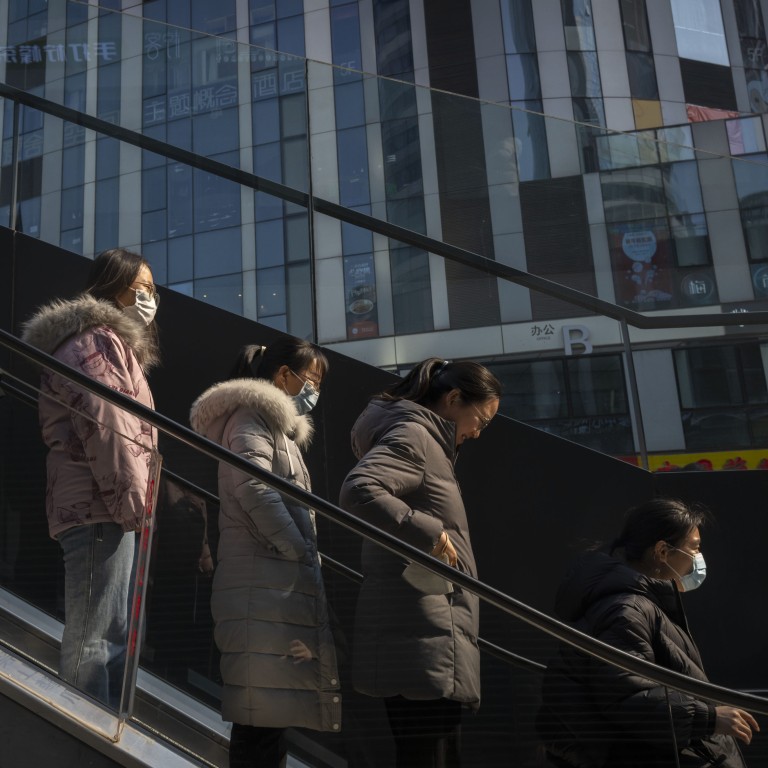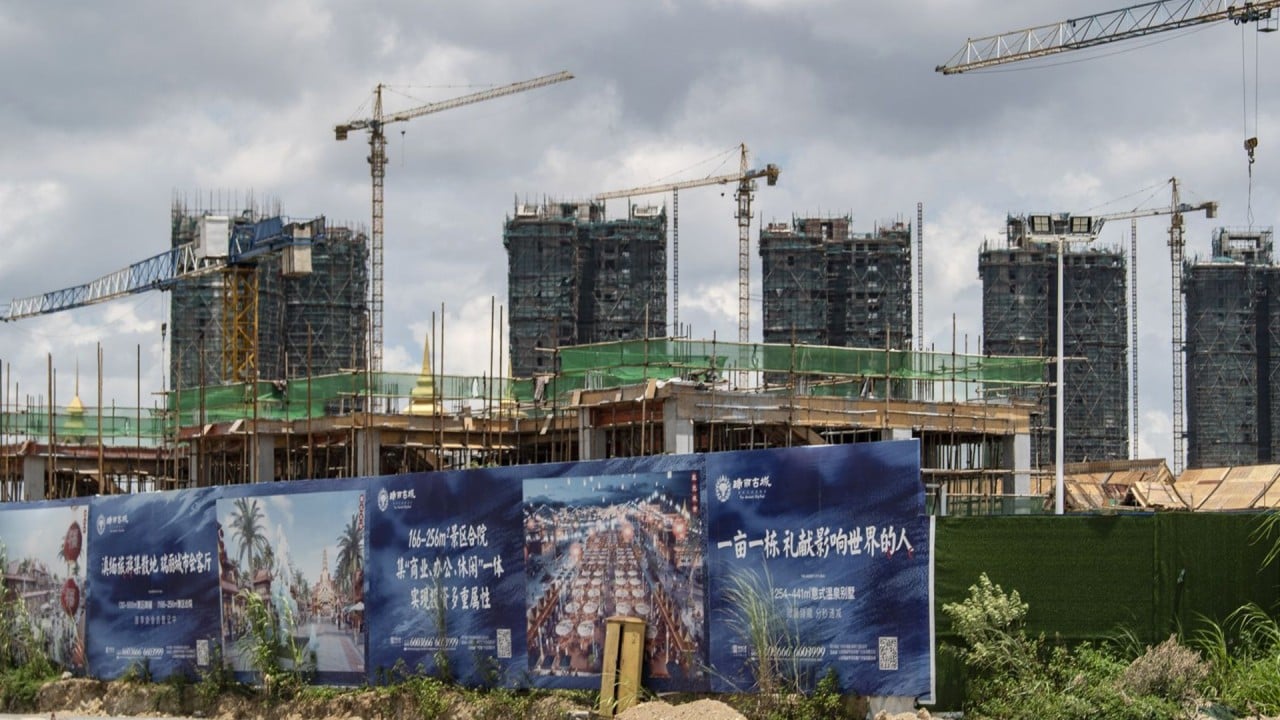
China’s office market to see slow recovery in 2023 after slumping to 14-year low last year, as Beijing eases tech crackdown, analysts say
- Several big firms have been adjusting their budgets and goals, which will lead to an expansion in businesses and workforce, resulting in an increase in demand and leasing volume, JLL executive says
- Forecast comes after an almost 69 per cent decline in the overall net absorption volume for offices in 18 major Chinese cities last year
“In our observation, several giant companies have been adjusting their budgets and goals, seeking new growth points, which would bring an expansion of businesses and the workforce, leading to an increase in demand and leasing volume,” said Mi Yang, head of office research for JLL China.
The forecast comes after the Covid-19 pandemic, an economic downturn and a crackdown on the technology industry led to an almost 69 per cent decline in the overall net absorption volume for offices in 18 major Chinese cities last year, according to international property consultancy CBRE. Office space take-up fell to 2.34 million square metres in 2022 compared with 7.53 million square metres in 2021, also the lowest level since 2009, according to CBRE.
China opens property market to private-equity investors, foreign funds
“The office rental volume driven by technology companies in the cities we track slumped over 50 per cent last year compared with 2021, sending the overall office demand in the country to a historical low in 2022,” said Shirley Hu, senior director of China research at CBRE.
In Zhongguancun, where technology giant ByteDance and about 20,000 other technology companies are located, the office vacancy rate jumped the most, by 6 percentage points to 10 per cent versus below 5 per cent over the past decade, while rents declined by more than 1 per cent to 329 yuan (US$47.7) per square metre per month, according to data compiled by CBRE.
Shenzhen saw demand for office leasing drop due to adjustments in business operations and leasing strategies among technology and internet companies, said JLL’s Mi.
The drop came amid a year-long crackdown on China’s technology industry that started in late 2021. Some companies related to online education and gaming exited their line of business, laid off employees and closed offices amid these regulatory and economic headwinds.
As China thaws out its property sector, can it light a fire under the economy?
Meanwhile, several leading Chinese technology companies, such as Tencent Holdings, ByteDance and Meituan, which occupy significant office space in China’s first-tier cities, took measures such as downsizing their workforce, shutting down businesses and vacating offices to cut costs. Meituan, for example, vacated offices in Beijing’s Wangjing district covering more than 30,000 square metres last September.
But the authorities are now easing their regulatory crackdown on the technology sector. For instance, Beijing approved 87 video-game licences this month and gave out another 87 in January, or about a third of the total of 512 licences given out last year.
This will lead to an increase in demand for office space from technology companies that own businesses related to gaming, said JLL’s Mi. About 75 per cent of cities could see an increase in their net absorption rates and a recovery in demand from technology companies, JLL said.
Soft China property market to weigh on local governments, weaker banks: Moody’s
CBRE has forecast that the office net absorption rate will rise by 5 million square metres, equalling the average level seen over the past five years, while average office rents will narrow their declines by 1.1 per cent to a drop of 0.7 per cent year on year in 2023.


